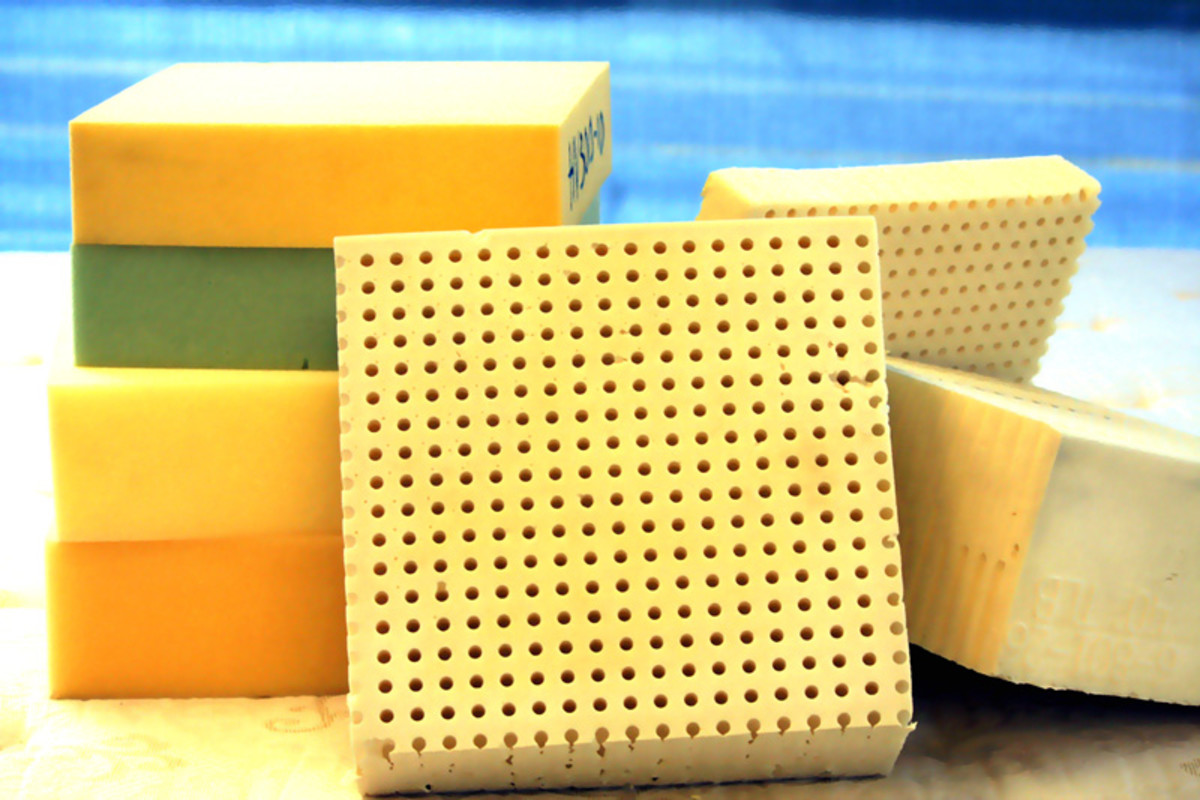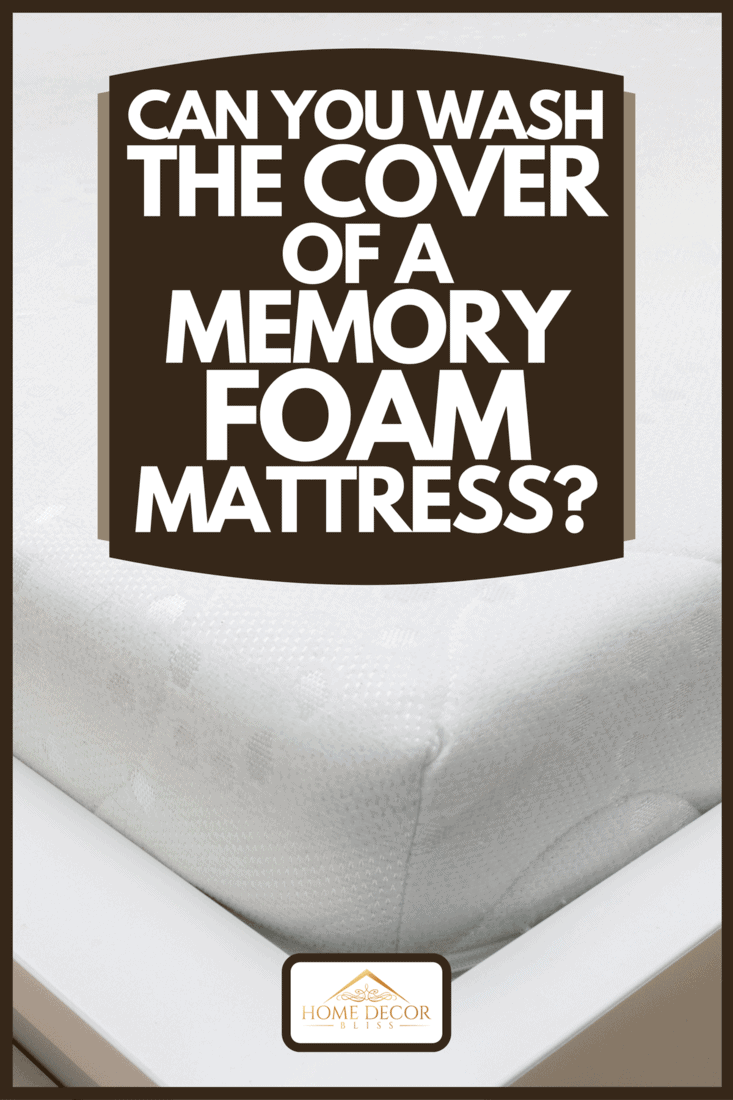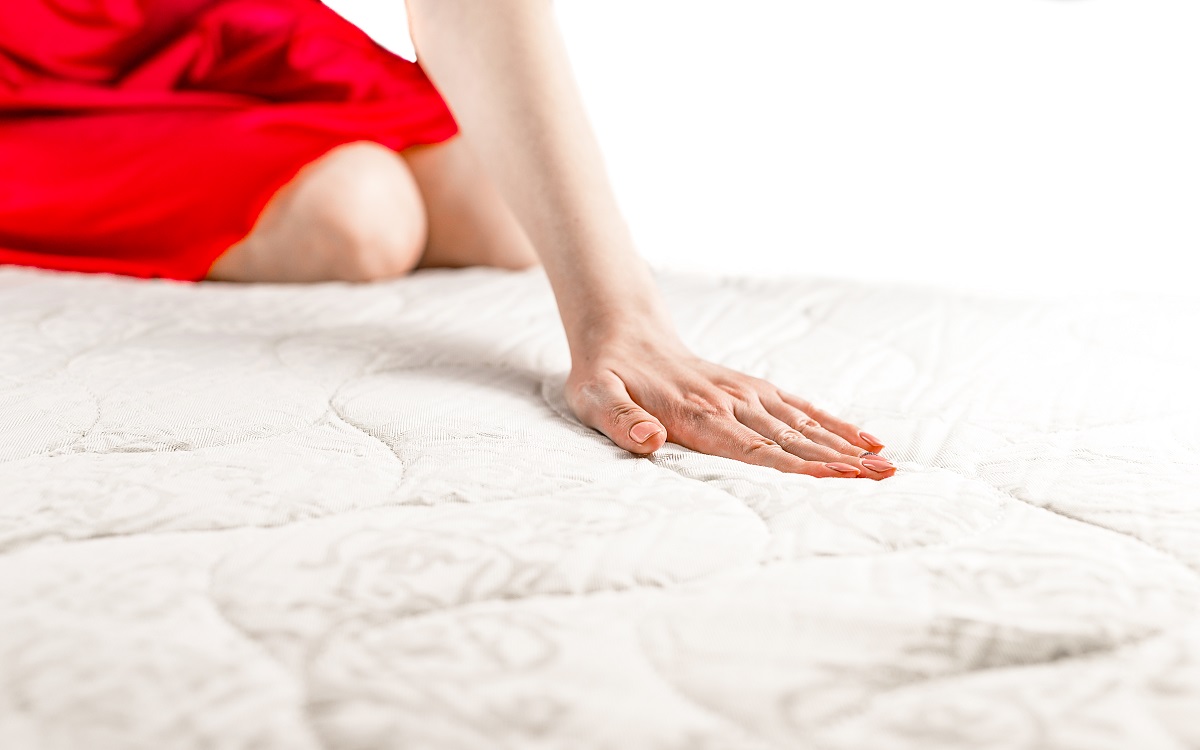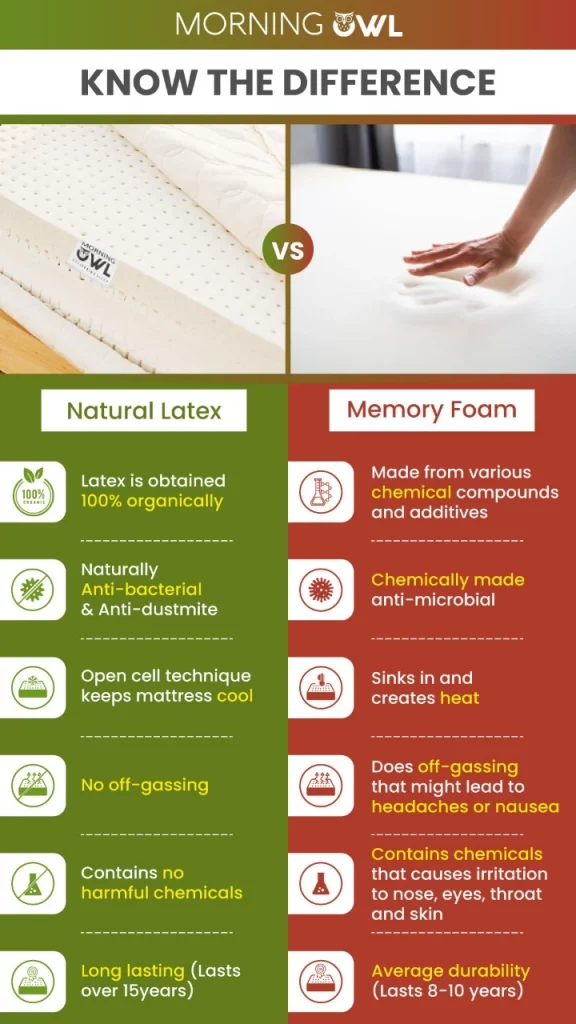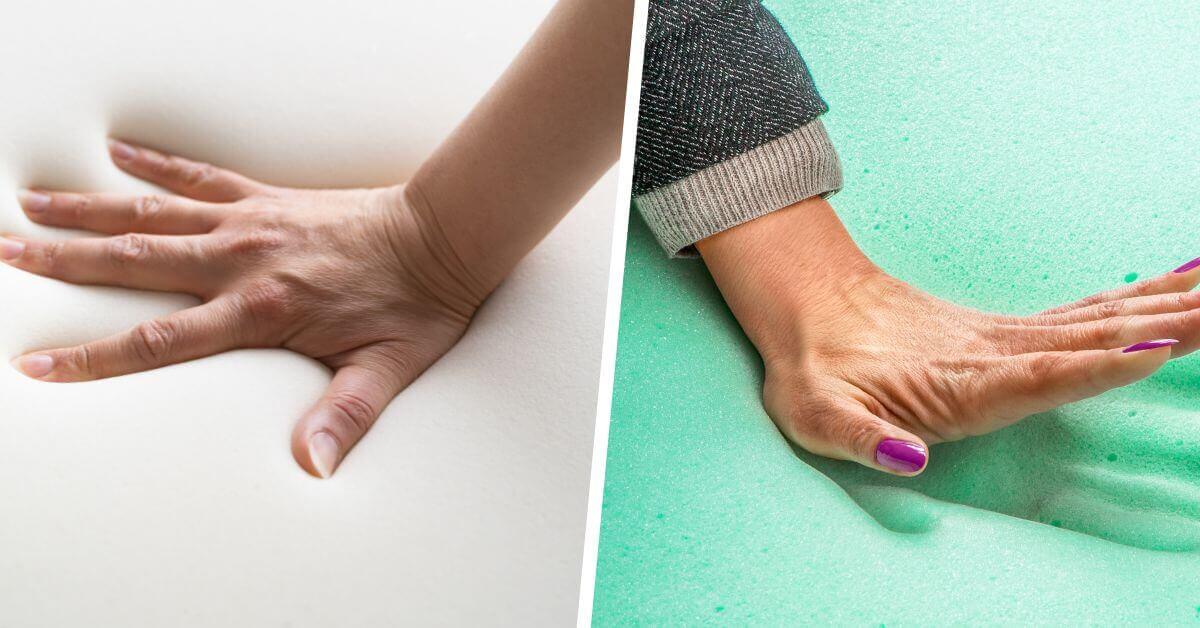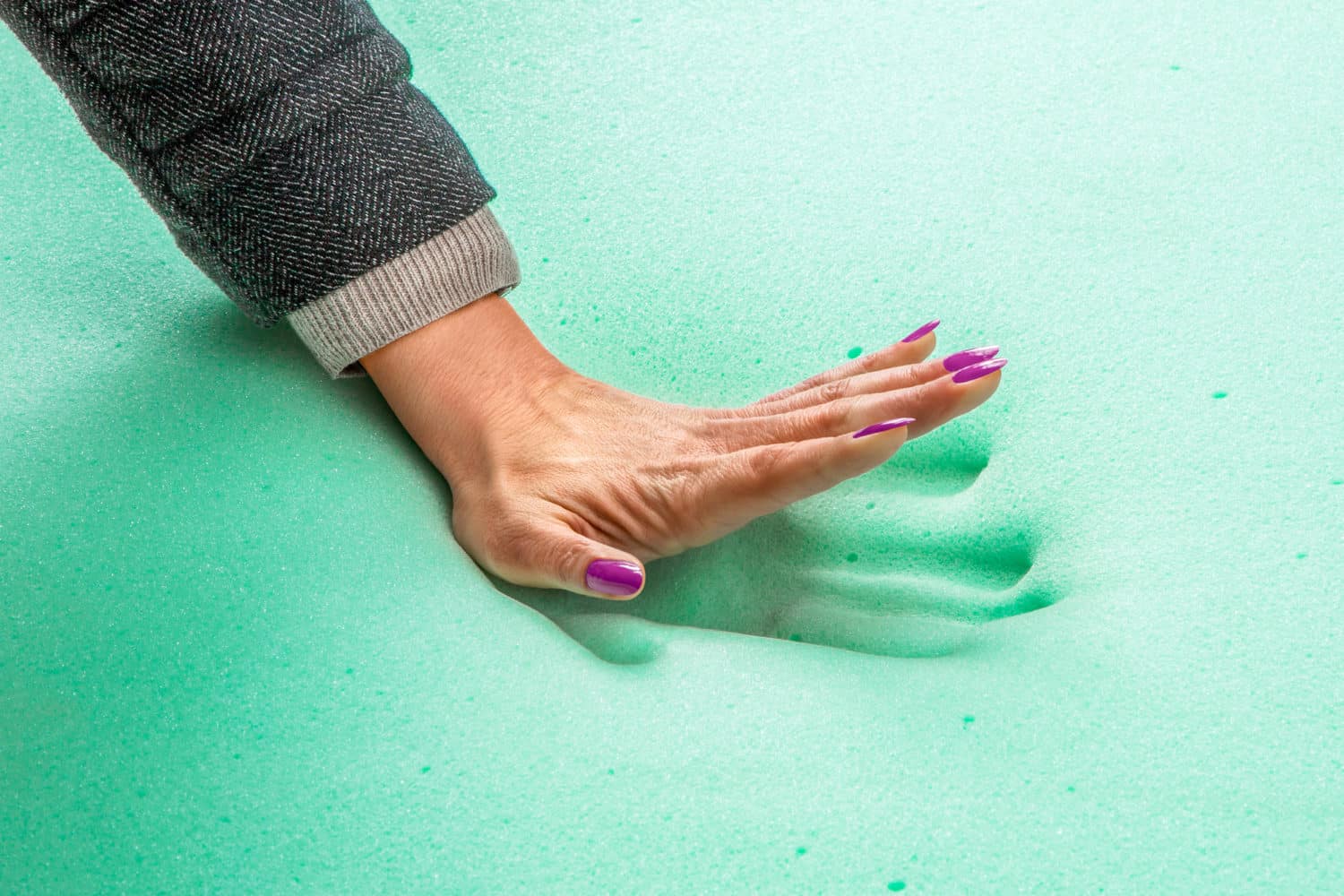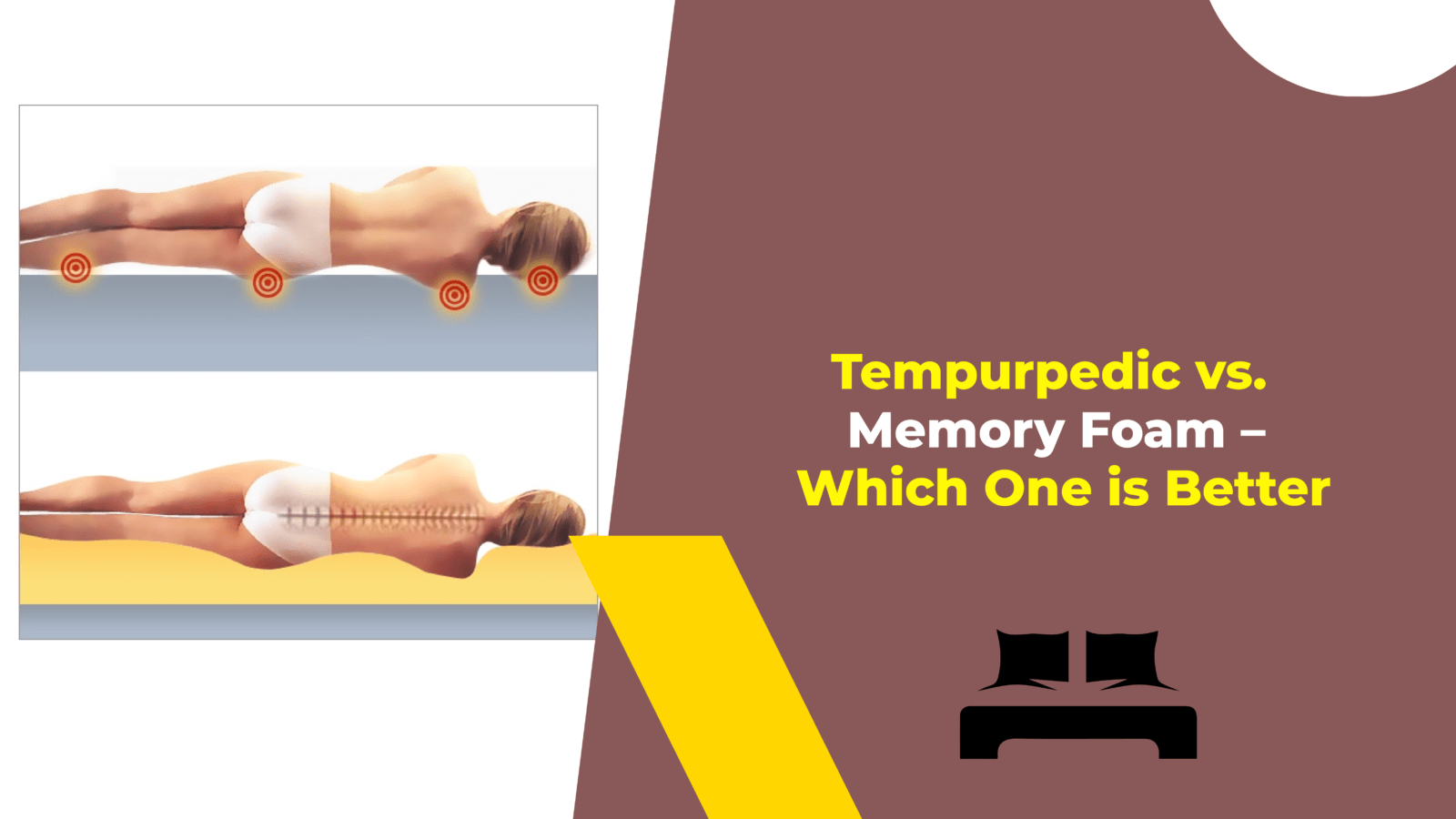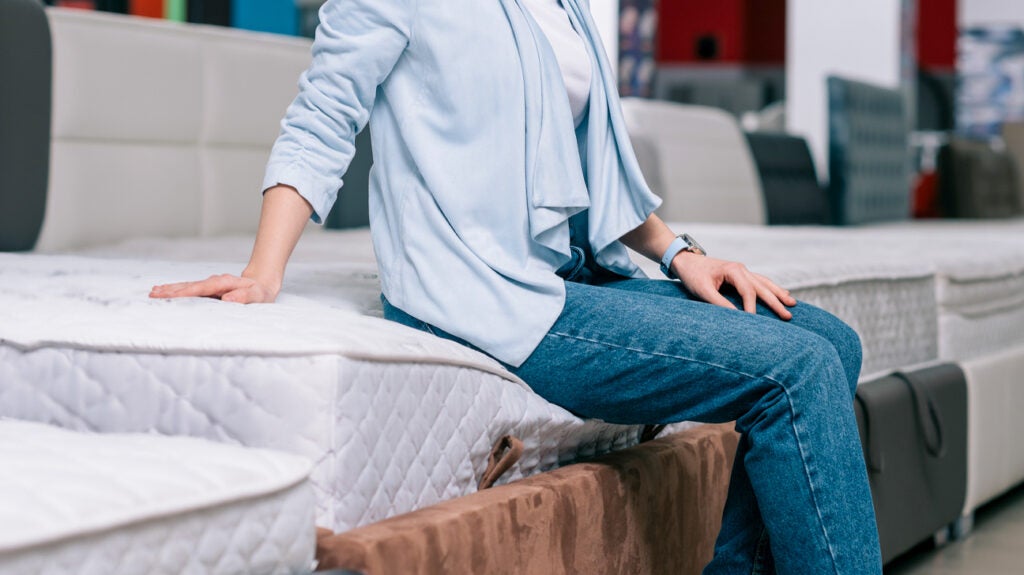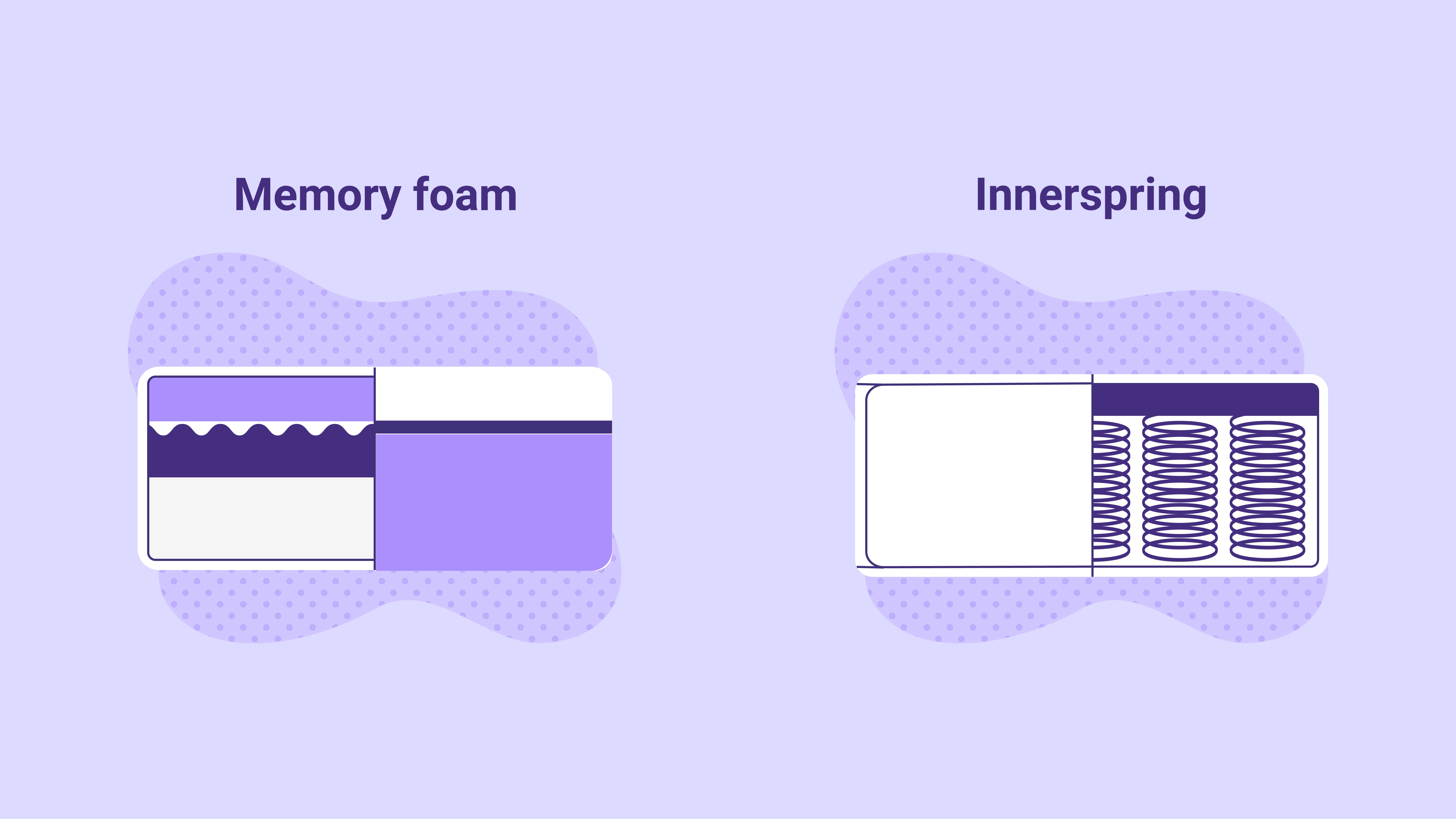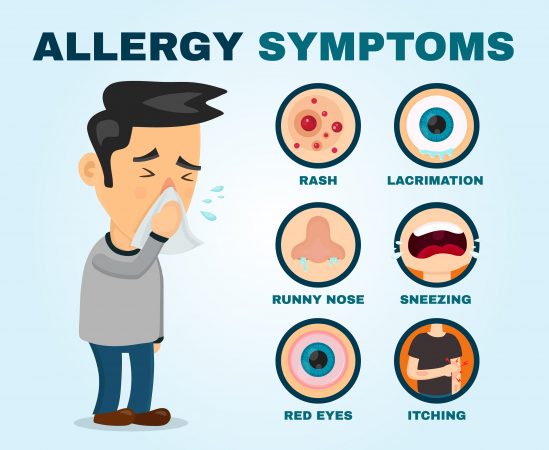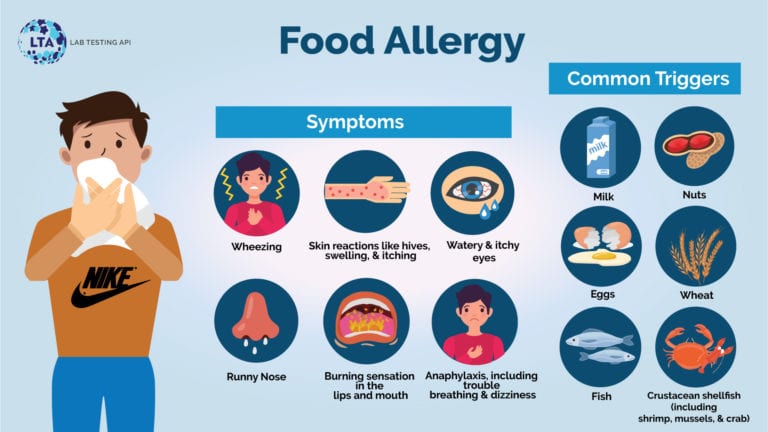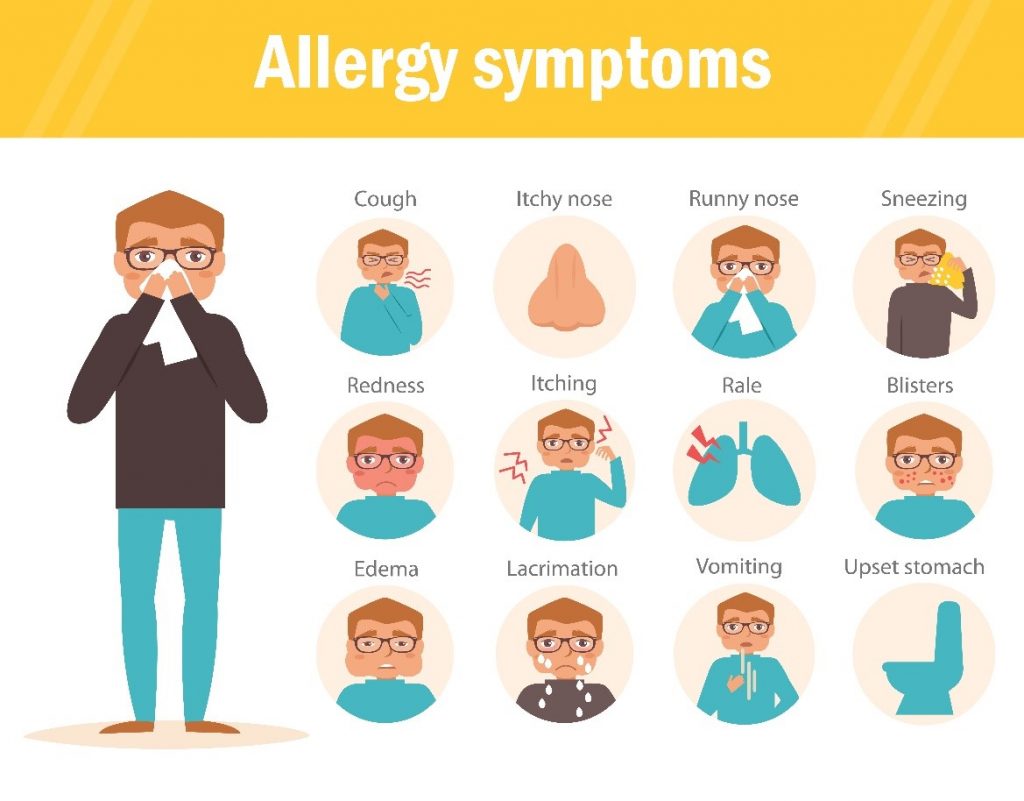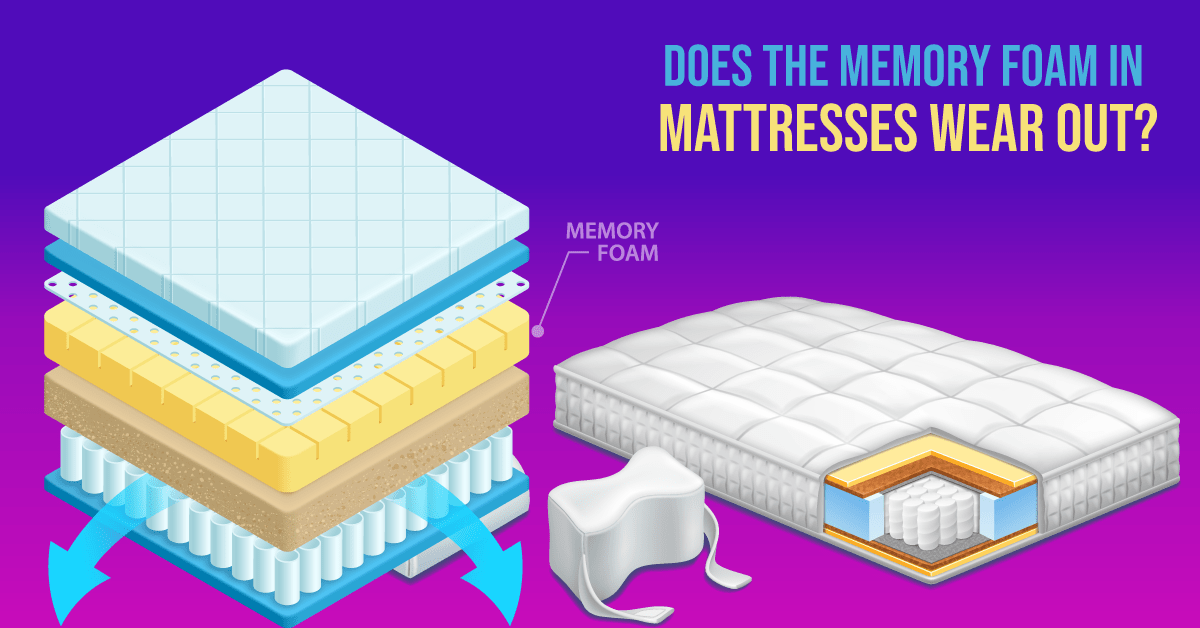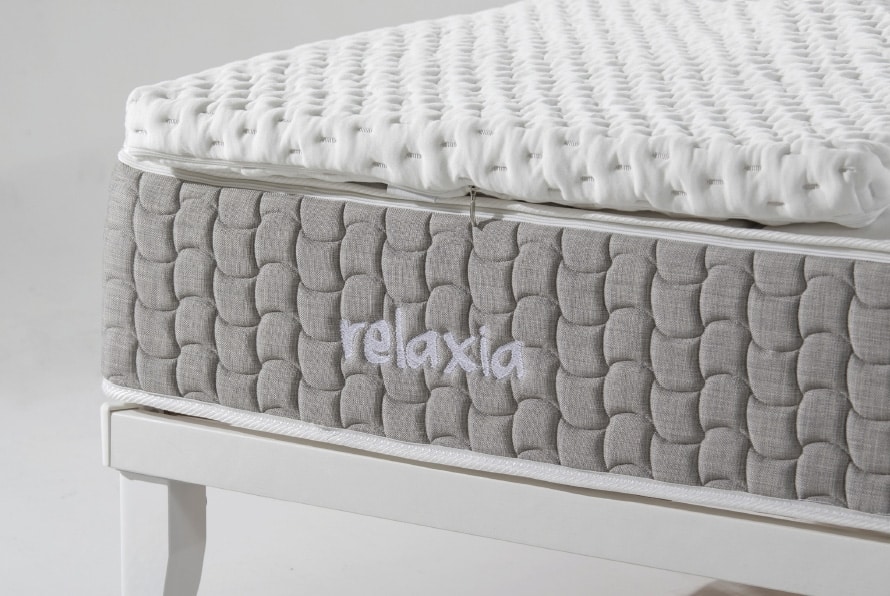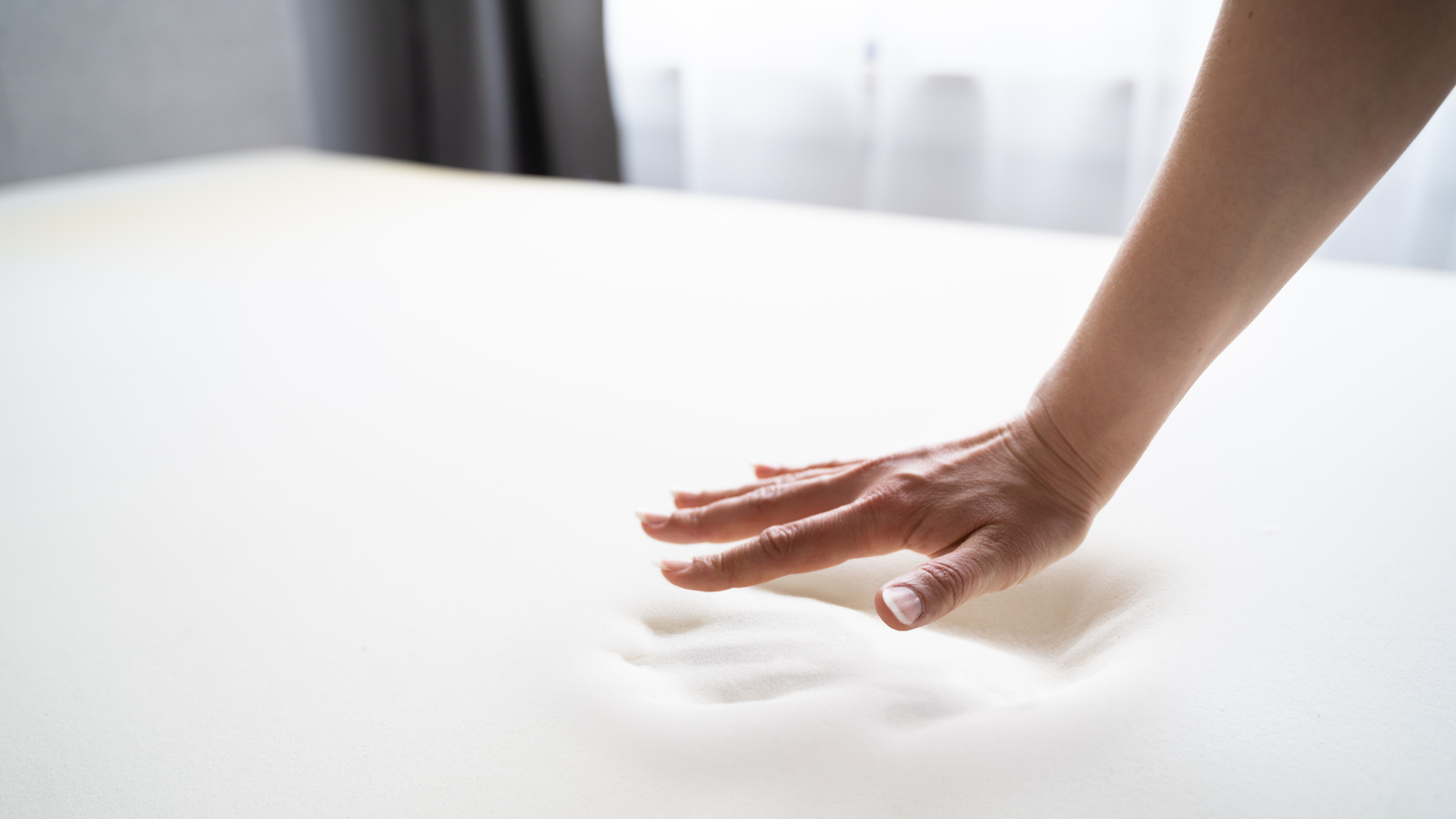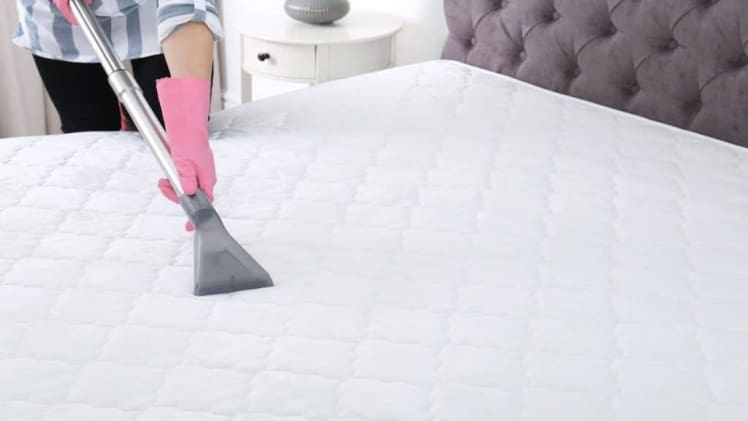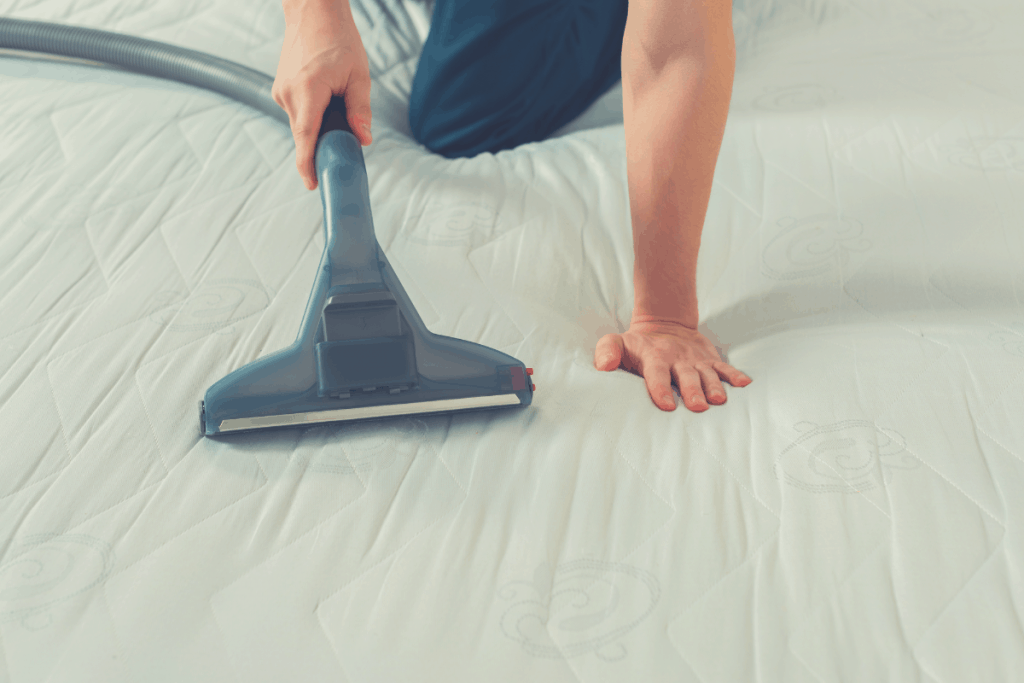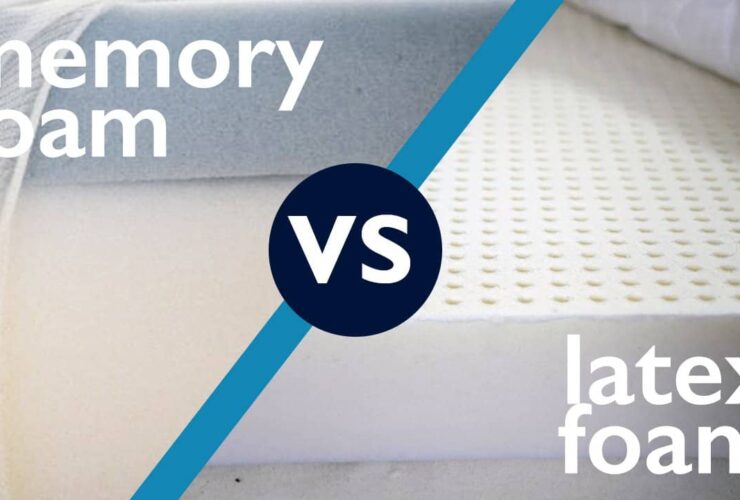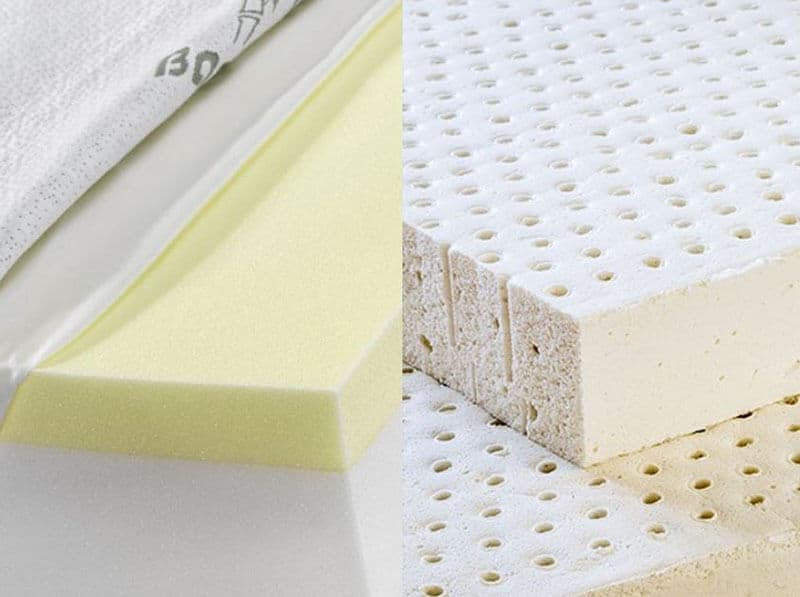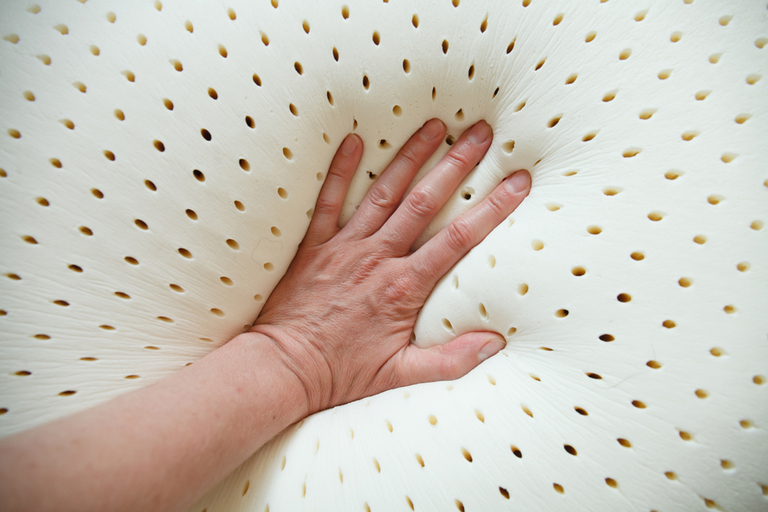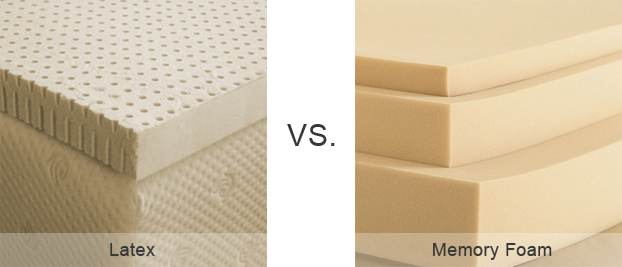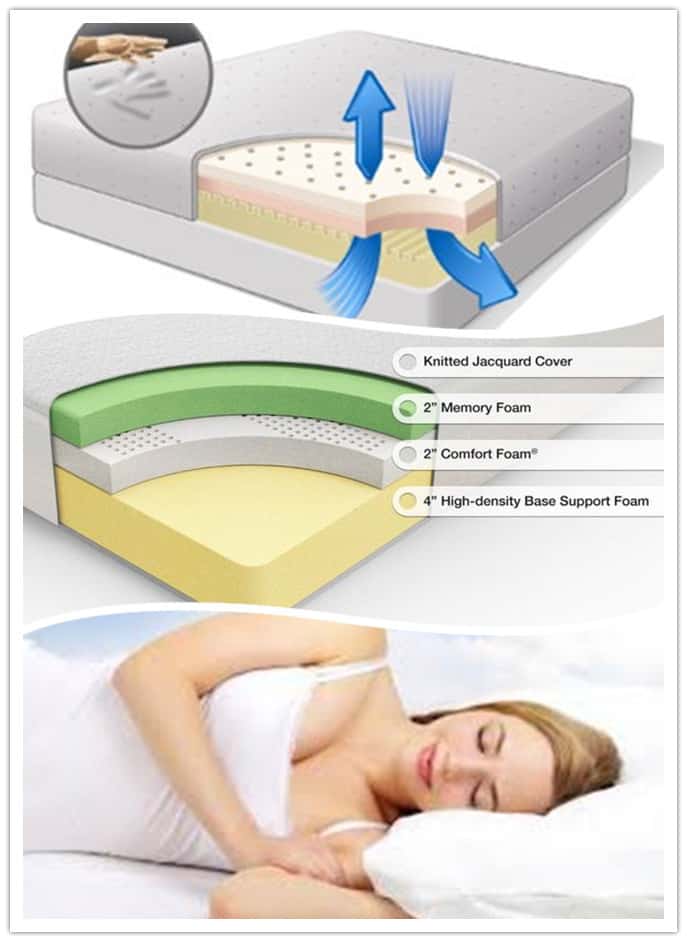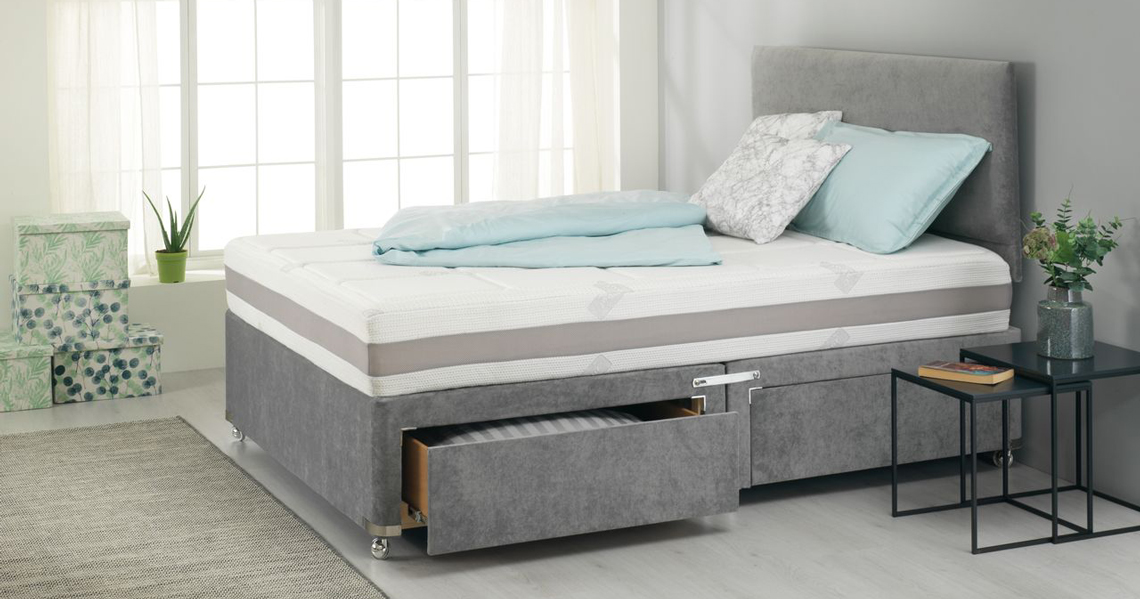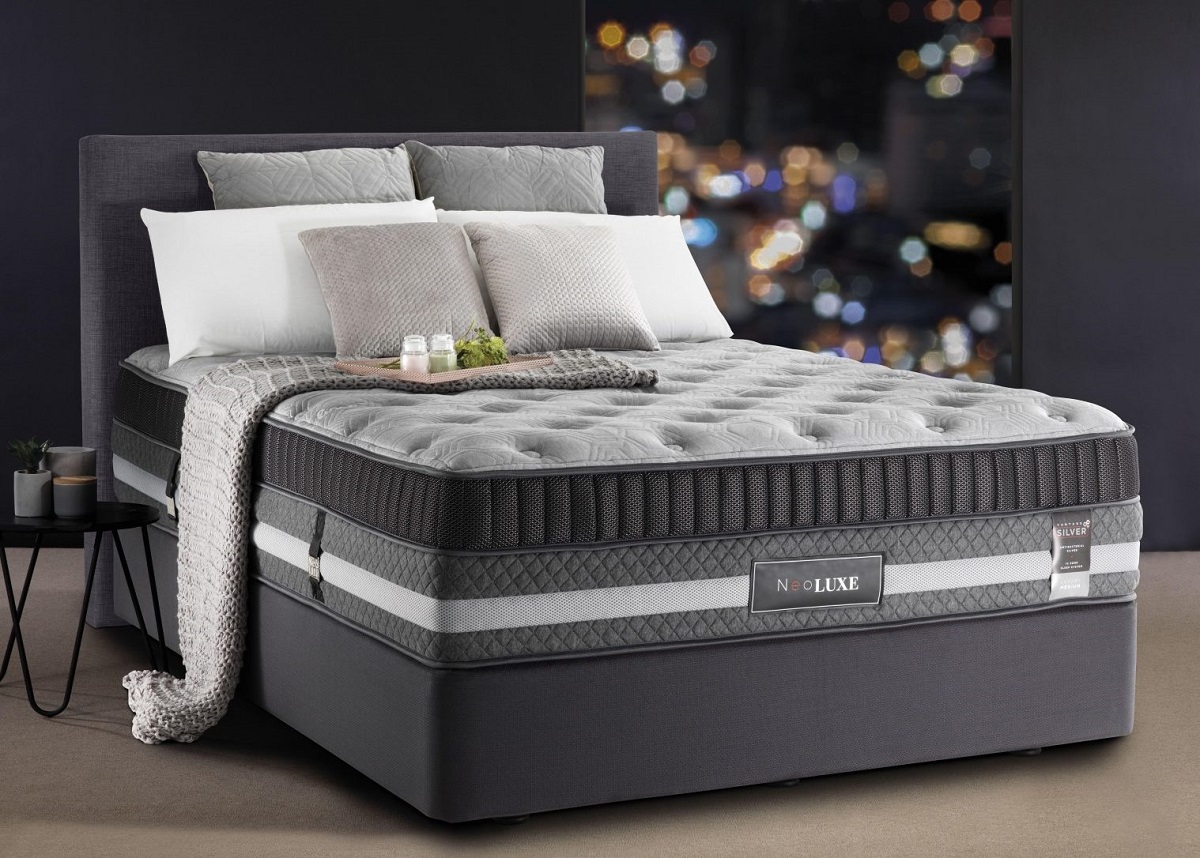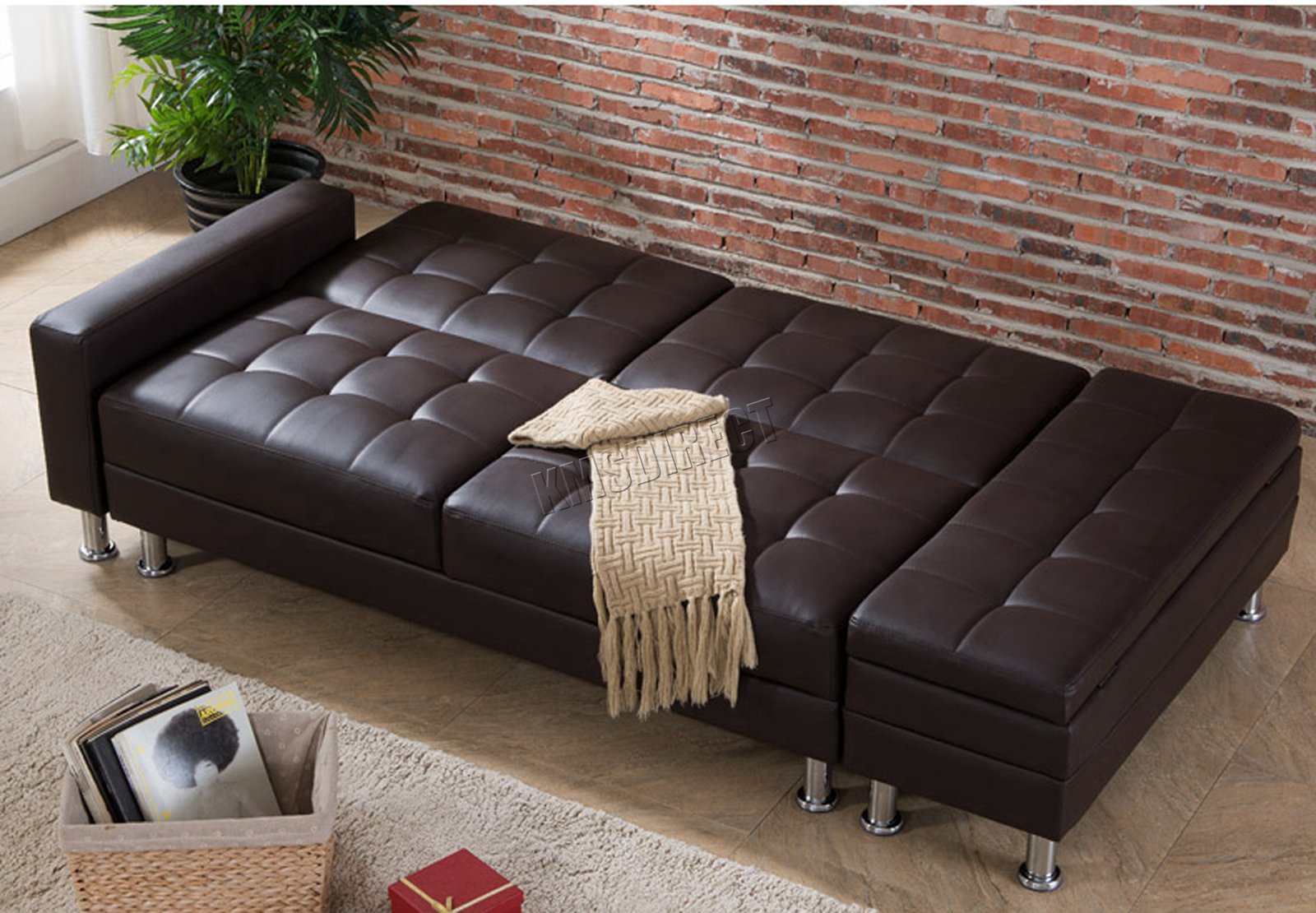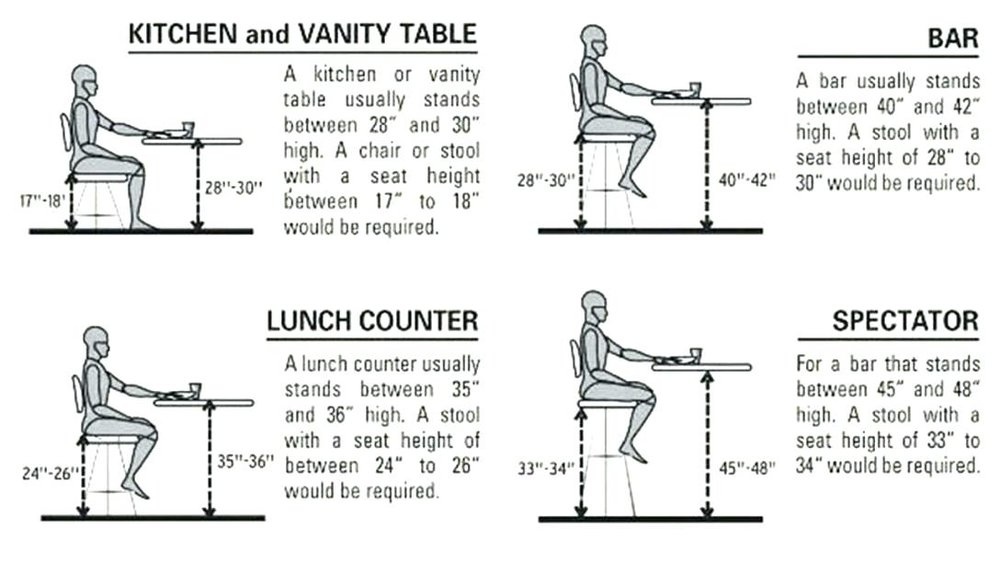If you suffer from allergies, you know how important it is to have a safe and comfortable sleeping environment. However, what if your memory foam mattress is actually causing your allergies to flare up? While memory foam mattresses are known for their comfort and support, they can also trigger allergic reactions in some individuals. In this article, we will discuss everything you need to know about memory foam mattress allergic reactions and how to prevent them.Memory Foam Mattress Allergic Reactions: What You Need to Know
It can be challenging to determine if your allergies are caused by your memory foam mattress or something else. The first step is to pay attention to your symptoms. Allergic reactions to memory foam mattresses can manifest in various ways, including itchy eyes, sneezing, runny nose, and skin irritation. If you notice that your allergies seem to worsen when you're in bed or when you wake up in the morning, it could be a sign that your memory foam mattress is the culprit. Other telltale signs include feeling congested or experiencing difficulty breathing while lying on your mattress.How to Tell If You're Allergic to Your Memory Foam Mattress
So, why do some people experience allergic reactions to their memory foam mattresses? One reason is due to the materials used in memory foam mattresses. Many main memory foam mattresses are made with petrochemicals, which can release volatile organic compounds (VOCs) into the air. These chemicals can irritate the respiratory system and trigger allergies in some individuals. In addition, memory foam mattresses are known to attract and trap allergens such as dust, dust mites, and pet dander. If these allergens are not regularly removed through cleaning and maintenance, they can build up and cause allergic reactions in sensitive individuals.Understanding the Link Between Memory Foam Mattresses and Allergies
As mentioned earlier, memory foam mattress allergic reactions can present themselves in various ways. Some of the most common symptoms include:Common Symptoms of Allergic Reactions to Memory Foam Mattresses
If you're experiencing allergic reactions to your memory foam mattress, there are steps you can take to reduce your symptoms and enjoy a more comfortable night's sleep. One of the most effective ways to reduce allergic reactions is to invest in a hypoallergenic memory foam mattress. These mattresses are made with materials that are less likely to trigger allergies, such as organic cotton, bamboo, or natural latex. They are also free of harsh chemicals and are better for both your health and the environment.How to Reduce Allergic Reactions to Memory Foam Mattresses
When shopping for a hypoallergenic memory foam mattress, keep an eye out for certifications such as CertiPUR-US or OEKO-TEX Standard 100. These certifications ensure that the mattress has been tested for harmful chemicals and meets strict standards for safety and environmental friendliness. It's also essential to consider the mattress's firmness and thickness. A firmer mattress may be better for those with allergies as it will be less likely to trap allergens. Additionally, a thinner mattress may be easier to clean and maintain, keeping allergens at bay.Choosing a Hypoallergenic Memory Foam Mattress
To reduce the risk of allergic reactions, it's crucial to keep your memory foam mattress clean and free of allergens. Here are some tips for cleaning and maintaining your mattress:Tips for Cleaning and Maintaining Your Memory Foam Mattress to Prevent Allergic Reactions
If you have allergies, you may be considering switching to a latex mattress instead of a memory foam mattress. While both materials offer excellent support and comfort, they have some notable differences when it comes to allergies. Latex mattresses are naturally resistant to allergens, making them an excellent choice for those with allergies. They are also more breathable than memory foam, reducing the risk of sweating and trapping allergens in the foam. However, latex mattresses can be more expensive than memory foam mattresses, so it's essential to consider your budget before making a switch.The Difference Between Latex and Memory Foam Mattresses for Allergy Sufferers
If you've tried everything and still can't seem to find relief from your memory foam mattress allergies, there are alternative mattress options available. Some people find that coil mattresses or waterbeds are more comfortable and less likely to trigger allergic reactions. However, keep in mind that these mattresses may not offer the same level of support and pressure relief as memory foam.Alternative Mattress Options for Those with Memory Foam Allergies
If you're still experiencing allergic reactions despite taking steps to reduce them, it's essential to consult with a doctor. They can help determine if your allergies are indeed caused by your memory foam mattress or if there may be another underlying issue. They may also recommend allergy testing or prescribe medication to help manage your symptoms. In conclusion, while memory foam mattresses provide excellent comfort and support, they can also trigger allergic reactions in some individuals. By understanding the link between memory foam mattresses and allergies, choosing a hypoallergenic option, and properly cleaning and maintaining your mattress, you can reduce the risk of allergies and enjoy a good night's sleep. If necessary, consult with a doctor for further advice and treatment options.Consulting with a Doctor About Memory Foam Mattress Allergies
How to Choose the Right Memory Foam Mattress to Avoid Allergic Reactions

Understanding Memory Foam Mattresses
 Memory foam mattresses have become increasingly popular in recent years due to their ability to conform to the body and provide support during sleep. However, for some individuals, sleeping on a memory foam mattress can result in allergic reactions. This is due to the materials used in the production of memory foam, such as polyurethane foam and flame retardants, which can emit volatile organic compounds (VOCs) that may trigger allergies.
Memory foam mattresses have become increasingly popular in recent years due to their ability to conform to the body and provide support during sleep. However, for some individuals, sleeping on a memory foam mattress can result in allergic reactions. This is due to the materials used in the production of memory foam, such as polyurethane foam and flame retardants, which can emit volatile organic compounds (VOCs) that may trigger allergies.
Identifying Allergic Reactions
 If you suspect that your memory foam mattress is causing allergic reactions, it is important to be able to identify the symptoms. These may include sneezing, coughing, watery eyes, skin irritation, and difficulty breathing. If you experience any of these symptoms while sleeping on a memory foam mattress, it is likely that you are having an allergic reaction to the chemicals in the foam.
If you suspect that your memory foam mattress is causing allergic reactions, it is important to be able to identify the symptoms. These may include sneezing, coughing, watery eyes, skin irritation, and difficulty breathing. If you experience any of these symptoms while sleeping on a memory foam mattress, it is likely that you are having an allergic reaction to the chemicals in the foam.
Choosing a Hypoallergenic Memory Foam Mattress
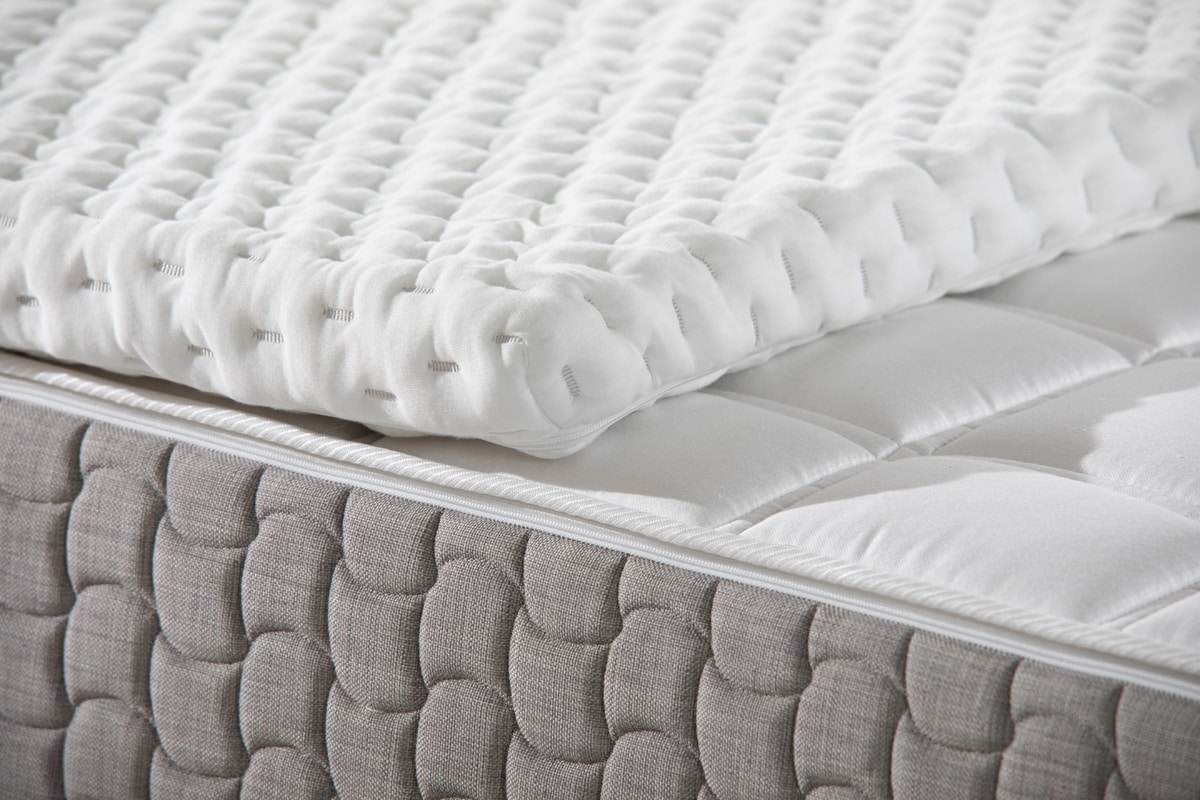 The good news is that not all memory foam mattresses are created equal. There are now hypoallergenic options available that are specifically designed to minimize allergic reactions. These mattresses are made with natural materials such as organic cotton or bamboo and do not contain harmful chemicals. Look for
certifications such as CertiPUR-US
, which ensures that the foam used in the mattress is free from harmful substances.
The good news is that not all memory foam mattresses are created equal. There are now hypoallergenic options available that are specifically designed to minimize allergic reactions. These mattresses are made with natural materials such as organic cotton or bamboo and do not contain harmful chemicals. Look for
certifications such as CertiPUR-US
, which ensures that the foam used in the mattress is free from harmful substances.
Consider Your Sleeping Habits
 Aside from choosing a hypoallergenic memory foam mattress, there are other factors to consider when trying to avoid allergic reactions.
Side sleepers, for example, may benefit from a softer mattress
that puts less pressure on the shoulders and hips. On the other hand, back sleepers may prefer a firmer mattress that provides more support to the spine. It is important to
test out different levels of firmness
to find the right one for your specific sleeping habits.
Aside from choosing a hypoallergenic memory foam mattress, there are other factors to consider when trying to avoid allergic reactions.
Side sleepers, for example, may benefit from a softer mattress
that puts less pressure on the shoulders and hips. On the other hand, back sleepers may prefer a firmer mattress that provides more support to the spine. It is important to
test out different levels of firmness
to find the right one for your specific sleeping habits.
Caring for Your Mattress
 Proper care and maintenance of your memory foam mattress can also help reduce the risk of allergic reactions. Regularly
vacuuming and airing out
the mattress can help remove any dust or allergens that may have accumulated. It is also recommended to use a breathable mattress cover that can be easily washed to keep the mattress clean.
Proper care and maintenance of your memory foam mattress can also help reduce the risk of allergic reactions. Regularly
vacuuming and airing out
the mattress can help remove any dust or allergens that may have accumulated. It is also recommended to use a breathable mattress cover that can be easily washed to keep the mattress clean.
Final Thoughts
 While memory foam mattresses can provide comfort and support, it is important to be aware of the potential for allergic reactions. By choosing a hypoallergenic mattress, considering your sleeping habits, and properly caring for your mattress, you can enjoy a restful night's sleep without any allergic reactions. Remember to always
do your research
and
consult with a healthcare professional
if you experience severe allergic reactions.
While memory foam mattresses can provide comfort and support, it is important to be aware of the potential for allergic reactions. By choosing a hypoallergenic mattress, considering your sleeping habits, and properly caring for your mattress, you can enjoy a restful night's sleep without any allergic reactions. Remember to always
do your research
and
consult with a healthcare professional
if you experience severe allergic reactions.




